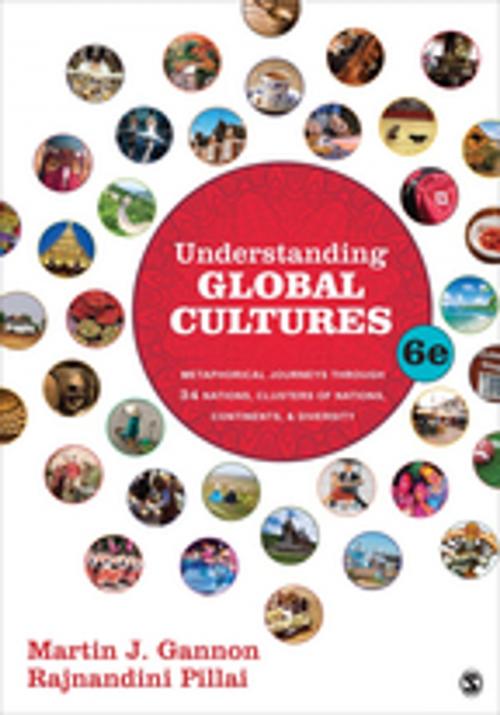Understanding Global Cultures
Metaphorical Journeys Through 34 Nations, Clusters of Nations, Continents, and Diversity
Business & Finance, Economics, International| Author: | Martin J. Gannon, Rajnandini K. Pillai | ISBN: | 9781483340050 |
| Publisher: | SAGE Publications | Publication: | February 16, 2015 |
| Imprint: | SAGE Publications, Inc | Language: | English |
| Author: | Martin J. Gannon, Rajnandini K. Pillai |
| ISBN: | 9781483340050 |
| Publisher: | SAGE Publications |
| Publication: | February 16, 2015 |
| Imprint: | SAGE Publications, Inc |
| Language: | English |
In the fully updated Sixth Edition of Understanding Global Cultures: Metaphorical Journeys Through 34 Nations, Clusters of Nations, Continents, and Diversi****ty, authors Martin J. Gannon and Rajnandini Pillai present the cultural metaphor as a method for understanding the cultural mindsets of individual nations, clusters of nations, continents, and diversity in each nation. A cultural metaphor is any activity, phenomenon, or institution that members of a given culture consider important and with which they identify emotionally and/or cognitively, such as the Japanese garden and American football. This cultural metaphoric approach identifies three to eight unique or distinctive features of each cultural metaphor and then discusses 34 national cultures in terms of these features. The book demonstrates how metaphors are guidelines to help outsiders quickly understand what members of a culture consider important.
In the fully updated Sixth Edition of Understanding Global Cultures: Metaphorical Journeys Through 34 Nations, Clusters of Nations, Continents, and Diversi****ty, authors Martin J. Gannon and Rajnandini Pillai present the cultural metaphor as a method for understanding the cultural mindsets of individual nations, clusters of nations, continents, and diversity in each nation. A cultural metaphor is any activity, phenomenon, or institution that members of a given culture consider important and with which they identify emotionally and/or cognitively, such as the Japanese garden and American football. This cultural metaphoric approach identifies three to eight unique or distinctive features of each cultural metaphor and then discusses 34 national cultures in terms of these features. The book demonstrates how metaphors are guidelines to help outsiders quickly understand what members of a culture consider important.















